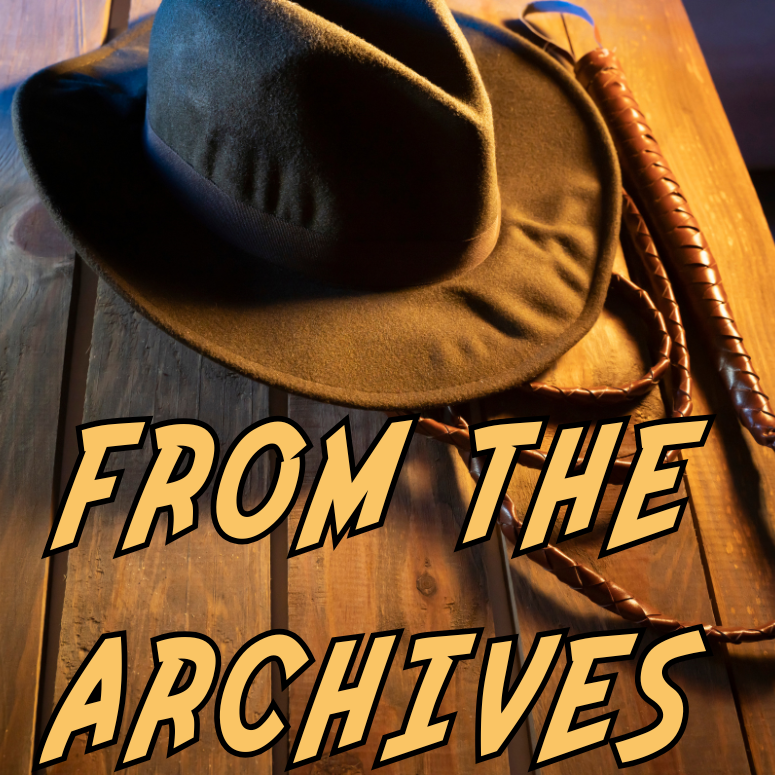From the Archives...

11/07/2025 Contact Margaret Lovell
James Luther Adams on Dissent
The Unitarian Universalist Association website describes James Luther Adams (November 12, 1901-July 26, 1994) as a Unitarian parish minister, social activist, journal editor, prolific author, and for more than 40 years a divinity school professor. Adams was the most influential theologian among 20th-century Unitarian Universalists and one of the finest 20th-century American liberal Christian theologians.
I came across Adams first in a Harvard Divinity School podcast, which in discussing his contributions to liberal religion mentioned the Prairie Group. That group of Unitarian and Universalist ministers began meeting in 1951 at Pere Marquette, IL for fellowship and study. The scholarly papers presented and critiqued there provide an historical glance at the underpinnings and development of UU thought over the past 75 years.
While satisfying my curiosity about the history of thought in our religious tradition, I found several passages by Adams on the subject of dissent in his unpublished autobiography. They may be useful for addressing conflicting opinions within our covenantal relationships, should they arise, as we proceed with our planning for the next generation of our church and its home.
One of the most important problems in all aspects of the human venture, insofar as it is institutionalized, is the problem of dissent. It is already agreed that individuals should be free to offer criticism. The successful management of dissent requires a strategy to instigate participation, as far as possible in the direction of requiring everybody to say what he or she thinks. Each one has made the decision to change what needs changing, but there may be varied opinions as to how the change should be brought about. This requires a legitimate procedure for organizing dissent, consolidating consensus, and agreeing upon and implementing a strategy that compels the holders of power to take seriously the criticism. When the minority opinion is given a full airing, people have the opportunity to discover [if] they have misunderstood the proposal. The sought-for unity must make a space for openness and variety through mutual interchange.

